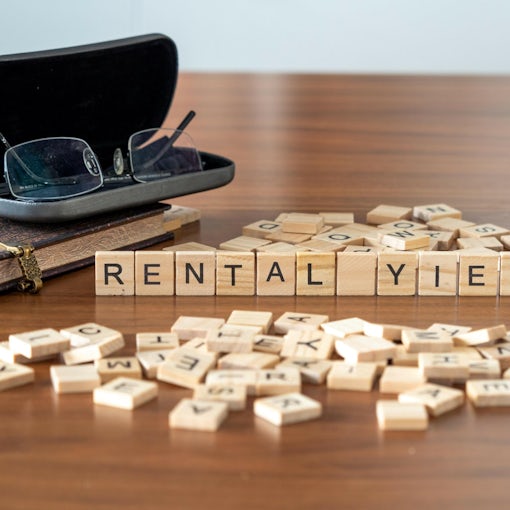Last week’s Budget brought good news for home owners considering raising money by taking in a lodger and also for the international room brokerage website Airbnb. The tax-free Rent-A-Room allowance, which has not been increased since it was introduced 18 years ago, has been upped from £4,250 to £7,500.
This is now a sizeable amount of extra tax free income for homeowners who may be a bit strapped for cash or just want a bit of extra income for that winter Caribbean cruise. The move must also help with the shortage of supply of affordable rented accommodation, which would not have escaped the Treasury’s attention.
Lettings website, Spareroom.co.uk has been campaigning for some time under its banner of ‘Raise the Roof, a campaign to get what they said is ‘a fair deal from the Treasury for people who choose to rent out a room in their home.
The threshold of the Rent a Room Scheme had not been changed since 1997 and was according to SpareRoom, ‘drastically out of date. It stood at £4,250 and the campaign wanted to see this rise to a minimum £7,500 a year, which coincidentally or not is the exact figure the Government has allowed.
SpareRoom claimed that if the allowance had risen in line with inflation the threshold would now be at least £6,500 and that the average UK rent for rooms let to a lodger is £5,593 a year (£7,667 in London)
Renting out a room is the single biggest step struggling homeowners can take to avoid arrears and repossession. Encouraging people to rent out rooms provides a vital source of quality, affordable rental accommodation, say SpareRoom.
Matt Hutchinson, director of flat and house share site SpareRoom, has said:
“The Chancellor’s change to the rent a room scheme has potentially huge implications for the scarce supply of affordable rented accommodation.
In the midst of a housing crisis, and with building levels behind all forecasted targets, it’s vital we make better use of existing stock and this will do just that. All too often housing initiatives benefit a select few ‘ but this helps millions of renters and homeowners.
There are an estimated 19 million empty bedrooms in owner-occupied properties in England alone. Freeing up just 5% of those rooms would accommodate almost a million people ‘ the equivalent of a city the size of Birmingham.
Encouraging people to take in lodgers could help them avoid repossession when interest rates rise and their mortgage repayments are adjusted. Lodger landlords can earn, on average, £8,335 per year in London, and £6,071 across the rest of the UK.
Speaking in last week’s budget the Chancellor said he wanted to see a more level playing field between homeowners and landlords.
Taking in a lodger is an easier and less risky process that letting to tenants as lodgers don’t have the security of tenure under the Housing Acts that is afforded to tenants. However, homeowners taking in lodgers do need to take certain precautions:
- Potential lodgers should be checked out thoroughly, taking references and doing credit checks with a reputable credit reference company such as www.tenantverify.co.uk
- Homeowners may even consider doing criminal records checks.
- There should be in place a proper lodger agreement setting out terms and conditions including a fair notice period (one month if rent paid monthly, or 28 days if paid weekly) and house rules.
- There should be a deposit in case of damage or rent arrears and it is preferable to get the rent paid by standing order for longer stays. Note, lodger deposits do not come under the Deposit Protection Scheme rules associated with Assured Shorthold Tenancies, so the home owner must hold the deposit, ideally in a secure account.
- A Lodger is on a license agreement which should not be confused with a tenancy, but home owners should be careful not to create a tenancy by:
- Moving out of the property for extended periods ‘ must be their main home
- Having separate facilities and not sharing with the lodger ‘ cooking and washing
- Giving the lodger exclusive possession of a room. The home owner MUST have access to the lodger’s room for cleaning, changing bedding etc.
- The number of lodgers must be limited to two, otherwise the property becomes a house in multiple occupation (HMO) which require strict safety rules and inspections.
Controversial proposals by Government to allow tenants to take in lodgers and sub-let their tenancies have been shelved for the time being after protests by landlord bodies. Landlords were concerned that tenants would be able to introduce people into their properties without their knowledge or consent.
See also:
Is the Sharing Economy a threat to Landlords?
… LandlordZONE.
Article courtesy of LandlordZONE






